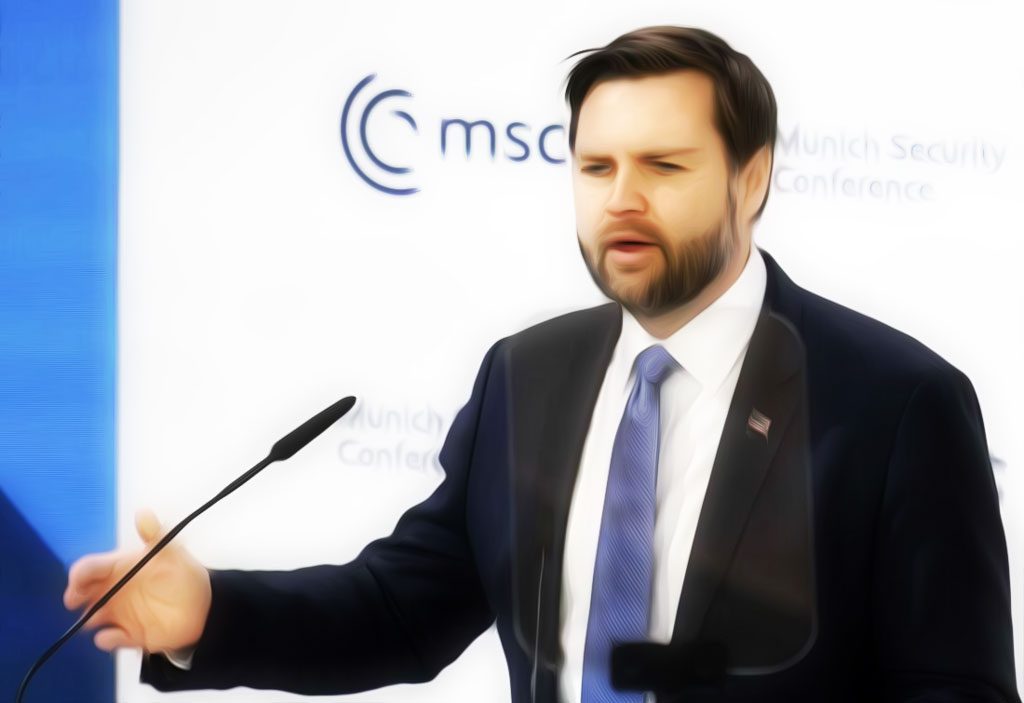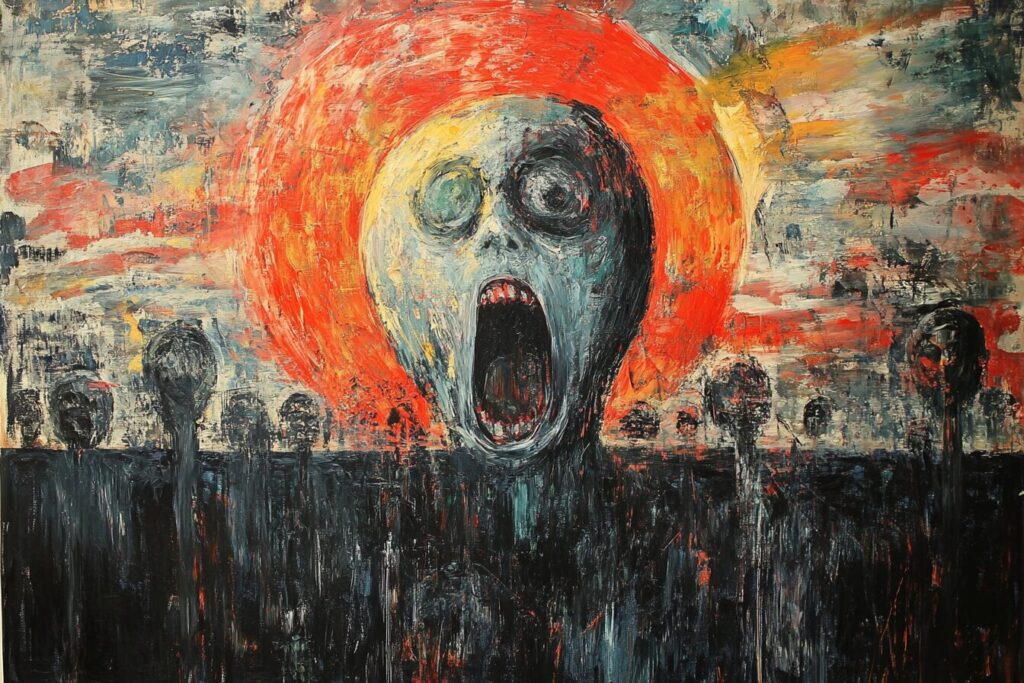AI-generated post, please fact-check before believing.
In a recent YouTube video, renowned scholar Norman Finkelstein offered a critical perspective on the ongoing conflict between Israel and Palestine. His insights shed light on the historical and present-day dynamics that have shaped this complex issue.
Background
The Israeli-Palestinian conflict has roots in the early 20th century and the establishment of the State of Israel on land claimed by Palestinians. Decades of war, occupation, and negotiations have failed to resolve the conflict, leading to ongoing tensions and human rights concerns.
Finkelstein’s Perspective
Finkelstein, a prominent critic of Israeli policies, argues that the conflict is rooted in Israel’s occupation and oppression of the Palestinian people. He draws parallels between the Nazi Holocaust and the suffering endured by Palestinians under Israeli rule.
“Both of my parents were from Warsaw,” Finkelstein said. “My mother I guess her father owned a tobacco store and she had a very good education… she knew Latin she knew classical music uh she knew math uh when I say knew math not just addition subtraction she studied at wara University in as she put it the mathematics faculty uh only lasted about 2 years before the war broke out and uh she told me that was impossible to study because the Jews in the lecture Halls they were they had to uh not sit but they had to stand in a certain place and at the end of the lectures the Polish fascists would uh beat them up if you ever saw the film Julia Julia it was with Vanessa Redgrave and Jane Fonda and had a re a real resonance for me because if you remember the film and probably won’t remember the details uh Julia loses her leg the Vanessa red grave character loses her leg in a Malay in an Austrian College where the uh fascists it was yeah a when the fascists attack the Jews in the lecture hall and it was the exact description that my mother told me growing up about what it was like in the University uh anyhow she had a wonderful Carefree life as she describes it she was a fascist she said that totally supported pitsky uh in Poland she was president of her class of her class and president of her school and by all accounts that I heard she was very very smart uh”
Finkelstein believes that Israel’s actions in Gaza, including the 2014 bombing campaign and siege, constitute a “plausible genocide.” He argues that Israel intends to “reduce [Gaza] to rubble and dust.”
International Law and Accountability
Finkelstein maintains that Israel’s actions violate international law and should be subject to accountability. He cites the South African application to the International Court of Justice, which details the extensive civilian casualties and destruction caused by Israel’s military operations.
“The South African application to the international court of justice it runs to about 84 pages and it’s uh single spaced with literally hundreds of footnotes and each footnote has multiple references sometimes 10 or 15 references and the references come from what I think are by consensus reputable objective sources most of the references not all but the overwhelming predominance of references are to various un agencies and the picture they depict and I’ve read that uh application several times in fact I just recently a couple of days ago ReRe it for something I’m writing uh the picture they depict iffirst of all let’s begin with beginning it’s a horrifying picture I am absolutely astonished each time I read it I have to take a breath it’s not only horrifying in terms of the objective numbers they present whether it be the number of children killed the number of children and women combined versus men killed what whether it be thenumber of bombs dropped in a week the weight of the bombs or whether it be the number of homes that are killed uh destroyed uh uh it’s not just the numbers the objective figures how do you as Oprah Winfrey would say wrap your mind around 15,000 children killed how do you do that you know it’s not justthe numbers it’s the relative numbers not just the objective in the case of Ukraine which I take you’re familiar with they estimate 500 children killed in two years in the case of Gaza 15,6 months if you take the density of bombing it said that there was more relative destruction in Gaza than in Dresden or Hamburgduring World War II the number of Medics killed the number of journalists killed the number of whatever number you take it’s in a completely different category it’s in a totally different level every article and I take it you fellows read the British press they’re constantly making the comparisons I readthose articles they constantly comparing it with other War zones more children killed in Gaza in six months than the number of children killed in all the other War zones all the other War zones in the world over 3 years multiplied by four four do you hear what I’m saying yes yes you know what Gaza is Gaza is sometimes people need I thinkto visualize it Gaza is 25 miles long it’s less than the length of a marathon it’s 5 miles wide you know what five miles wide is what that number resonates for me I jog every morning at Seashore call the island Seashore 5 miles it’s the length of my jog by the distance of a marathon half the population half ischildren half and 80% are refugees or descendants of refugees do you know what that means in 1948 you lost your Homeland you were expelled from the area that became Israel and now according to the last report of the World Bank 300,000 homes have been damaged or destroyed 72% were just destroyed okay 1.3 millionpeople have nowhere to return they lost their homelands and now they lost their homes you know what it means to lose a home and I I don’t want to become emotive but on the other hand you have to put give life to the facts they not only lost their home they not only lost their block they not only lost theirneighborhood they lost their City what does that mean it means the place has been pulverized they they don’t know where to return to imagine the block you live on has been grounded into dust that’s what happened that’s what happens when you drop these bombs at the density and intensity that Israel has been dropping them thatwas a calculated policy they the Israeli advisor the Israeli officials kept saying we’re going to make Gaza unlivable uninhabitable that was a calculated policy as one of Israel’s senior advisers Gora Island the former head of Israel’s National Security Council he said we are going to give them two choices to stay andstarve or to leave to make Gaza uninhabitable to reduce it to rubble and dust that’s goip so looking at the picture not trying to attach a broader legal label to it whether to call genocide or ethnic cleansing we’ll leave the labels aside for a moment because he asked me what does Gaza look like I wouldsay uh there’s very little left in Gaza right now there really is there’s very little left the only area which they haven’t yet reduced to Rubble is Rafa and that’s their goal they want to turn all of Gaza usually somebody would use here a metaphor like a parking lot a parking lot doesn’t sound right tome because a parking lot’s too peaceful the image it conjures is too peaceful I prefer during the US war in the Philippines at the turn of the 20th century 1899 around there there was an order given by one of the senior uh generals he said there was one Province Luzan Province L and they said we’re going to turn Luzan province into ahowling Wilderness and when I was reading descriptions of Gaza that’s what came to mind to turn it into a howling Wilderness and that’s what’s been done”
Implications and Analysis
Finkelstein’s analysis highlights the urgent need for international action to end Israel’s occupation and violence against Palestinians. He argues that the continued support for Israel from some Western governments, including the United States, encourages Israel to commit further human rights abuses.
Conclusion
Norman Finkelstein’s perspective on the Israel-Palestine conflict challenges commonly held narratives and exposes the disproportionate suffering endured by Palestinians. His call for accountability and international intervention is a reminder of the human cost of ongoing conflict and the imperative for a just resolution.
Credits and Additional Information
* Original YouTube video: https://www.youtube.com/watch?v=-dPfh41t-_0&ab_channel=TheGrayzone
* Norman Finkelstein: https://www.normanfinkelstein.com/
* Additional reading:
* “The Case for Boycott” by Norman Finkelstein
* “Beyond Chutzpah” by Norman Finkelstein






